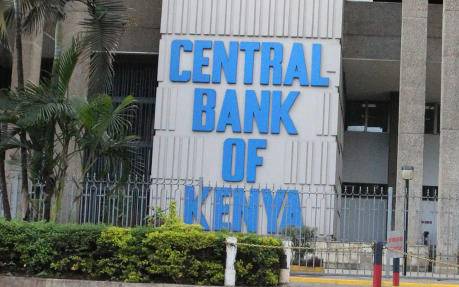×
The Standard e-Paper
Stay Informed, Even Offline

Central Bank of Kenya (CBK) holds and manages foreign exchange reserves, and is charged with the responsibility of formulating monetary policy to achieve and maintain price stability. [Jonah Onyango, Standard]
The government’s long-term debt papers that were auctioned last week were oversubscribed by 302.9 per cent, with Central Bank of Kenya (CBK) receiving bids of Sh181.8 billion.